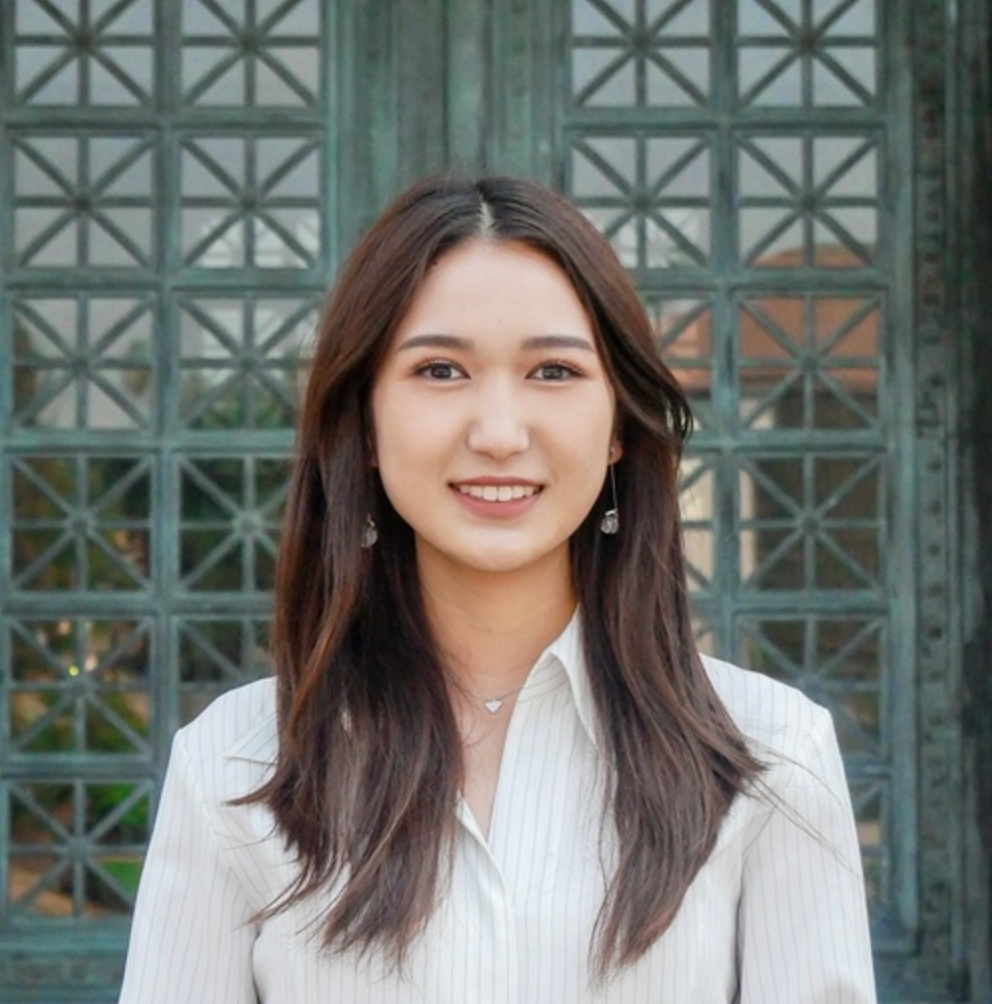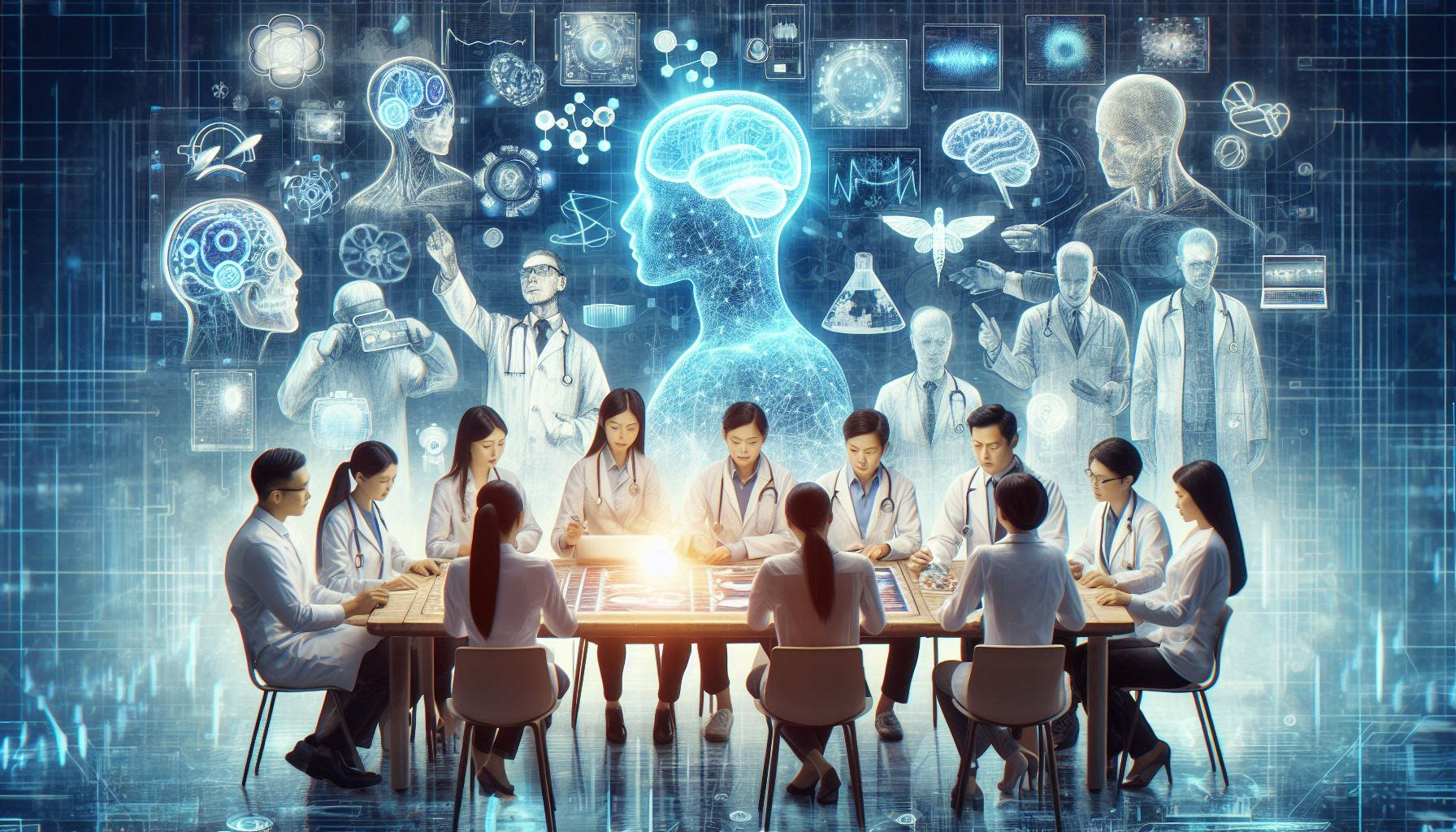AI in Healthcare is going to change the whole System
To ensure that healthcare providers can get the most out of AI, future endeavors will include improvements on current applications, new regulations and data security measures, and innovative solutions leveraging health data. Most importantly, great care must be taken to ensure that AI systems are integrated well with current healthcare systems to gain the trust of patients and healthcare providers alike.
Over the past decade, many advancements have already been made in applying AI technologies to healthcare. One groundbreaking example lies in the early detection and diagnosis of diseases such as cancer. At the Houston Methodist Research Institute in Texas, researchers developed an AI program that can interpret and translate mammograms 30 times faster than human doctors, with 99% accuracy. This program represented a huge breakthrough in breast cancer detection, as historically 50% of mammograms yielded false results according to reports from the American Cancer Society. This case is just one example of how AI’s superior pattern detection skills can outperform humans in tasks like interpreting medical tests. According to the World Health Organization, over 3.6 billion diagnostic imaging procedures, such as CTs, MRIs, ultrasounds, and X-rays, are performed every year. It is abundantly clear that developing AI programs to interpret these tests could revolutionize patient diagnoses, improving both accuracy and efficiency by significant measures. Future doctors and healthcare providers should look forward to implementing these predictive AI models in their everyday diagnostic procedures.
Another important application of AI in healthcare is improving preventative care. Preventative care is an often discussed topic in the medical community, which simply refers to being aware of environmental, genetic, and other background factors and making lifestyle changes to prevent diseases before they happen. This is often a difficult and ambiguous task, as such a wide myriad of factors can be early indicators of disease that even highly skilled and experienced medical professionals are prone to missing them. Again, this is a place where AI can show off its superior pattern recognition. Unlike humans, AI can take in vast amounts of data and use machine learning models to make predictions and identify patients at risk of developing diseases. Although this area of AI is still in its very early stages, it holds a ton of potential to improve preventative care measures around the world.
As promising as AI in healthcare is, future innovators will face numerous challenges as well. Although AI is still in its infancy with regard to healthcare applications, some regulations have already been drafted by governments around the world, with more sure to come. Regulators will have the tough task of balancing patient privacy with innovation, while entrepreneurs will need to pay very close attention to cybersecurity and encryption to ensure that patient data used to train AI models remains private and safe. In addition, the high-stakes nature of healthcare means that any developments will need to go through rigorous trials and undergo scrutiny before being deployed. So although AI solutions are undoubtedly on the horizon, it may be a long time before we see their widespread application.
The transformative potential of AI in healthcare is undeniable. From the remarkable accuracy of AI programs interpreting mammograms to the promising role of predictive models in enhancing preventative care measures, AI holds the key to revolutionizing how diseases are diagnosed, treated, and prevented. However, as we navigate this transformative journey, we must address challenges such as regulatory compliance, data security, and the imperative of earning the trust of patients and healthcare providers. By fostering collaboration, innovation, and a commitment to ethical principles, we can harness the full potential of AI to revolutionize healthcare delivery, improve patient outcomes, and ultimately, save lives.

